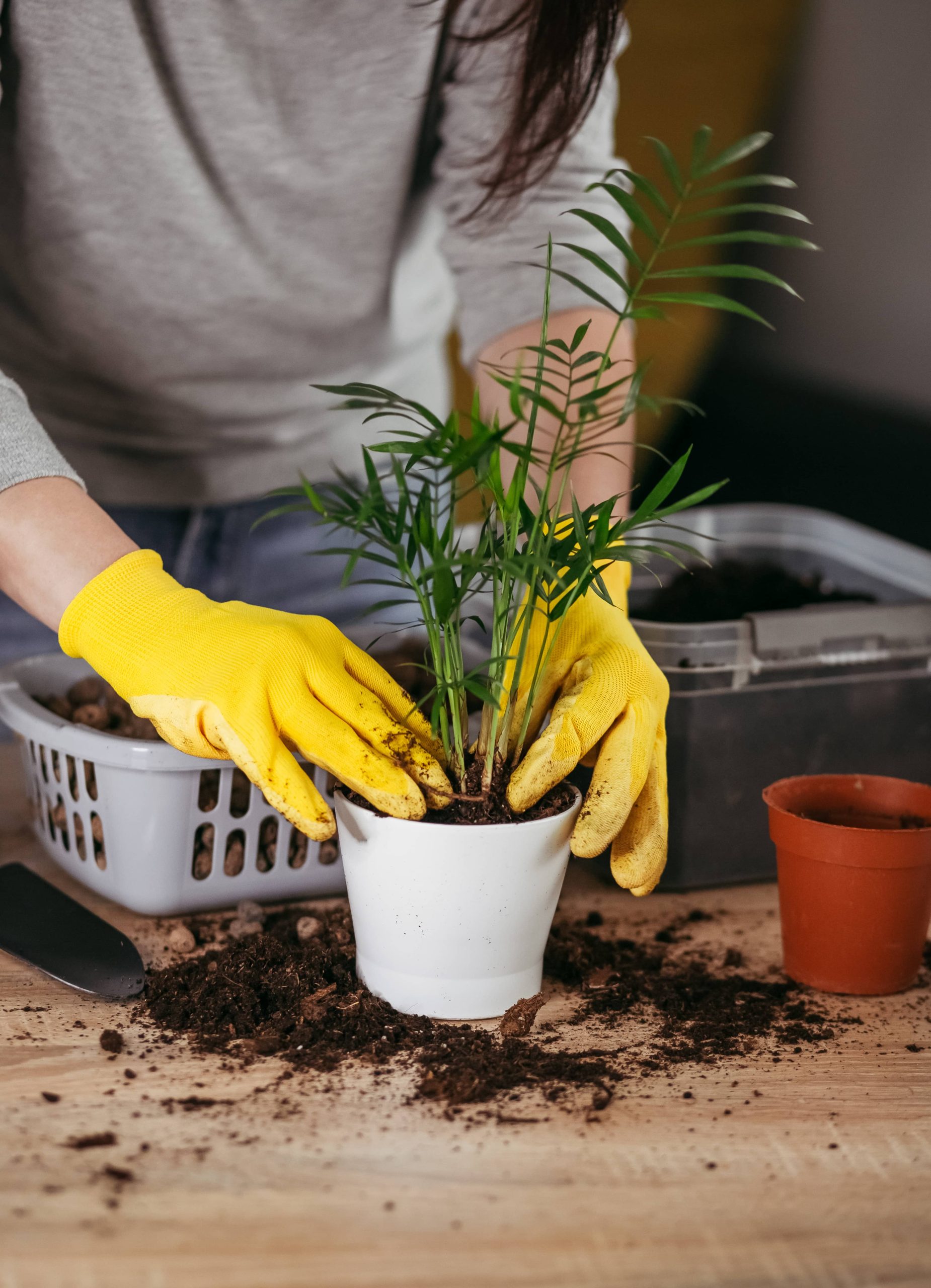
In the realm of plant care and gardening, one of the primary goals is to encourage hearty and vigorous plant growth. While conventional fertilizers are commonly used to boost plant development, many gardeners are searching for more natural alternatives that align with organic gardening principles. Fortunately, a variety of natural supplements can help enhance plant growth, improve soil health, and yield vibrant, flourishing plants.
Understanding the Importance of Natural Supplements
Before delving into specific natural supplements, it’s essential to understand why they are beneficial. Natural supplements provide plants with essential nutrients without the adverse environmental effects associated with chemical fertilizers. They help improve soil fertility, enhance water retention, and encourage the growth of beneficial microorganisms. Furthermore, natural supplements often contain trace elements and micronutrients not found in synthetic fertilizers, offering comprehensive nourishment for your plants.
1. Compost: The Miracle Supplement
Compost is a cornerstone of organic gardening. It is made from decomposed organic materials and is packed with essential nutrients that promote healthy plant growth. Compost improves soil structure, enhances moisture retention, and provides a slow-release source of nutrients.
– How to Use: Simply add a layer of compost to your garden soil or mix it into potting soil for containers. It can also be used as a top dressing around established plants. The key is to replenish it regularly to maintain nutrient levels.
2. Worm Castings: Nature’s Superfood
Worm castings, also known as vermicompost, are an exceptionally nutrient-rich supplement derived from earthworm digestion. They are loaded with beneficial microorganisms and contain nutrients like nitrogen, phosphorus, and potassium.
– Benefits: Worm castings enhance soil aeration, improve water retention, and can even help with pest management by increasing plants’ resistance to disease.
– How to Use: Incorporate worm castings into potting mixes, or apply them as a top dressing in your garden. They’re also fantastic for use in seed starting.
3. Bone Meal: Boosting Root Development
Bone meal is a natural supplement made from ground animal bones. It is high in phosphorus, which is crucial for root development and flowering.
– Benefits: It’s beneficial for promoting strong root systems and abundant blooms. Bone meal can be especially helpful in the initial planting stage and is great for bulb planting.
– How to Use: Mix bone meal into the soil at the base of plants, or incorporate it into planting holes for bulbs and perennials.
4. Fish Emulsion: Natural Liquid Fertilizer
Fish emulsion is an organic liquid fertilizer made from fish waste. It is rich in nitrogen, which is essential for leafy growth and overall plant vigor.
– Benefits: It acts quickly to provide nutrients and can help revive plants that are suffering from nutrient deficiencies. It’s also known to help deter pests.
– How to Use: Dilute fish emulsion with water according to the package instructions and apply it directly to the soil or as a foliar spray. Because it’s fast-acting, it can be used throughout the growing season.
5. Seaweed Extract: A Vitamin Boost
Seaweed extract is made from ocean seaweed and is a powerful plant growth stimulant rich in minerals, vitamins, and enzymes.
– Benefits: It enhances plant cell structure, improves resistance to environmental stress, and boosts overall plant health. Seaweed extract also helps to improve soil microbial activity.
– How to Use: Apply as a soil drench or foliar spray throughout the growing season, being particularly beneficial during periods of plant stress.
6. Epsom Salt: Essential Magnesium
Epsom salt, comprised of magnesium sulfate, is a simple and effective way to provide a magnesium boost to your plants, which is an essential component of chlorophyll.
– Benefits: Helps with photosynthesis, improves nutrient uptake, and can enhance the flavor of fruiting crops like tomatoes.
– How to Use: Dissolve Epsom salt in water and apply as a foliar spray or directly to the soil. Regular applications every few weeks can help prevent magnesium deficiencies.
7. Coffee Grounds: pH Adjuster and Fertilizer
Used coffee grounds can serve as both a soil amendment and a nutrient source. They are rich in nitrogen and can help improve soil acidity.
– Benefits: Coffee grounds add organic material to the soil, improve drainage and water retention, and can deter pests like slugs and snails.
– How to Use: Mix coffee grounds into the soil of acid-loving plants such as azaleas, rhododendrons, and blueberries. They can also be added to compost piles.
Conclusion
Enhancing plant growth with natural supplements not only supports your garden’s health but also encourages a more sustainable and eco-friendly gardening practice. By understanding and utilizing these natural alternatives, you can cultivate a vibrant, thriving plant ecosystem. Whether you’re nurturing a vegetable garden, a flower bed, or simply a few potted plants on your windowsill, tapping into the power of natural supplements can make all the difference.
Remember, the key to success is consistency and observation. Monitor your plants’ responses to different supplements and adjust applications accordingly. With the right balance and care, natural supplements can transform your gardening practices and result in healthier, more bountiful plants. Happy gardening!


